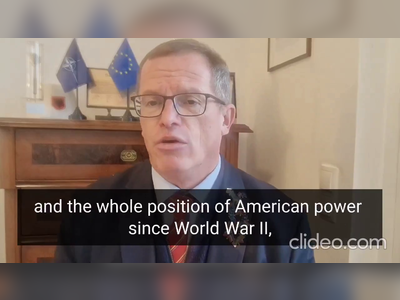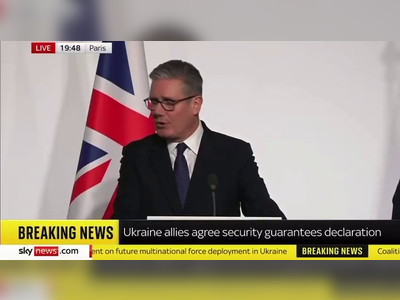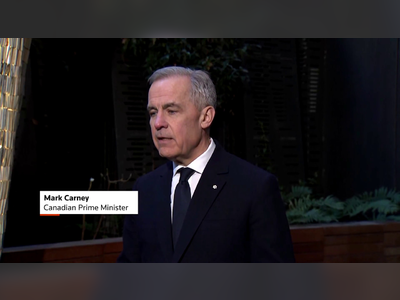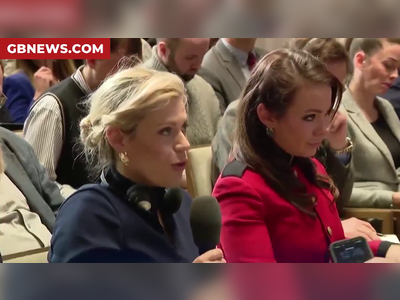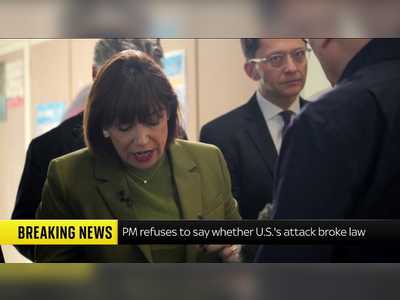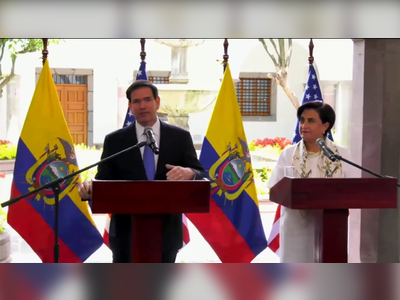Warren Buffett's Plan for Philanthropic Legacy
A Billionaire's Plan for Allocating Wealth Posthumously
Warren Buffett has unveiled his comprehensive plan for distributing his $150 billion fortune after his death, focusing on philanthropy and setting an example for wealthy individuals to influence society beyond their lifetimes.
At the heart of his plan is a governance structure where his children must unanimously agree on philanthropic initiatives. If they cannot reach a consensus, selected trustees will intervene, aiming to protect his legacy from disputes and manipulation.
This method encourages his children to uphold his values while challenging existing philanthropic organizations.
Buffett has already committed $1.2 billion to four foundations, including the Gates Foundation, which has faced criticism for potentially centralizing philanthropic power.
He champions transparency by suggesting that parents disclose their wills to adult children, which may prevent future disputes and surprises.
His strategy invites questions about its viability as a model for other billionaires, highlighting a consciousness of mortality and the significance of legacy.
Buffett's plan goes beyond a simple will, urging a reevaluation of what a true legacy entails.
At the heart of his plan is a governance structure where his children must unanimously agree on philanthropic initiatives. If they cannot reach a consensus, selected trustees will intervene, aiming to protect his legacy from disputes and manipulation.
This method encourages his children to uphold his values while challenging existing philanthropic organizations.
Buffett has already committed $1.2 billion to four foundations, including the Gates Foundation, which has faced criticism for potentially centralizing philanthropic power.
He champions transparency by suggesting that parents disclose their wills to adult children, which may prevent future disputes and surprises.
His strategy invites questions about its viability as a model for other billionaires, highlighting a consciousness of mortality and the significance of legacy.
Buffett's plan goes beyond a simple will, urging a reevaluation of what a true legacy entails.
AI Disclaimer: An advanced artificial intelligence (AI) system generated the content of this page on its own. This innovative technology conducts extensive research from a variety of reliable sources, performs rigorous fact-checking and verification, cleans up and balances biased or manipulated content, and presents a minimal factual summary that is just enough yet essential for you to function as an informed and educated citizen. Please keep in mind, however, that this system is an evolving technology, and as a result, the article may contain accidental inaccuracies or errors. We urge you to help us improve our site by reporting any inaccuracies you find using the "Contact Us" link at the bottom of this page. Your helpful feedback helps us improve our system and deliver more precise content. When you find an article of interest here, please look for the full and extensive coverage of this topic in traditional news sources, as they are written by professional journalists that we try to support, not replace. We appreciate your understanding and assistance.



